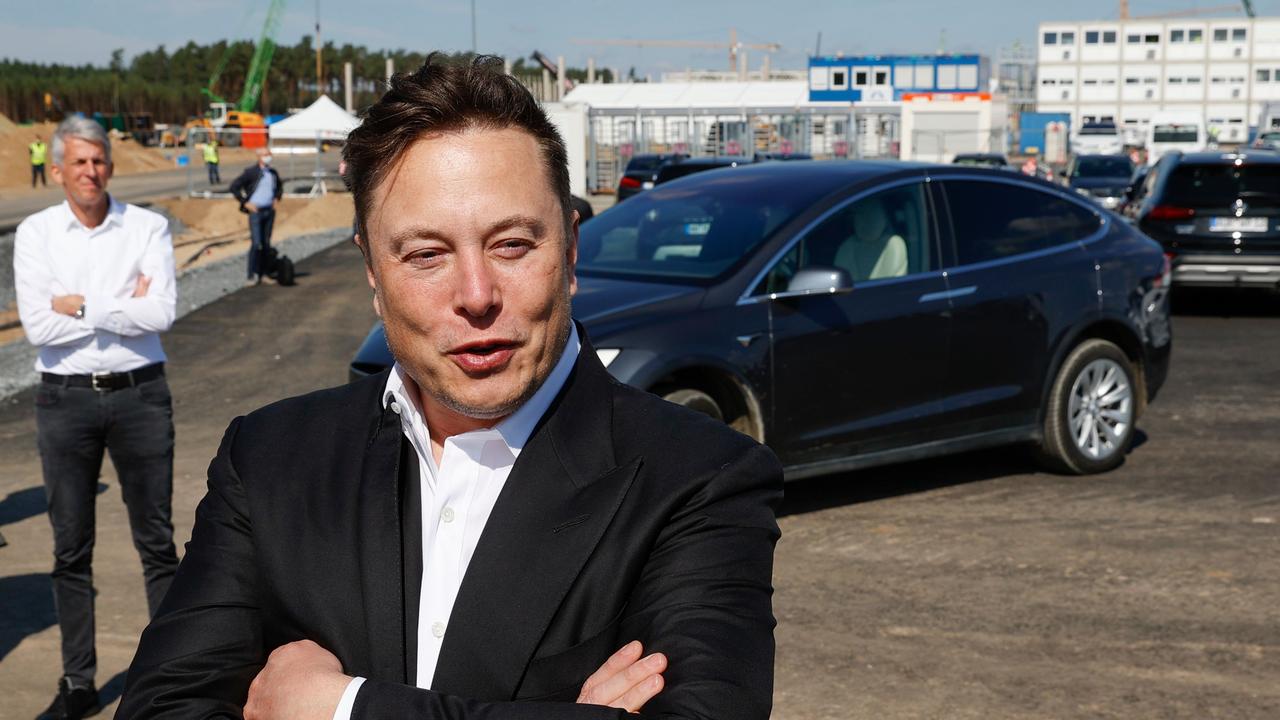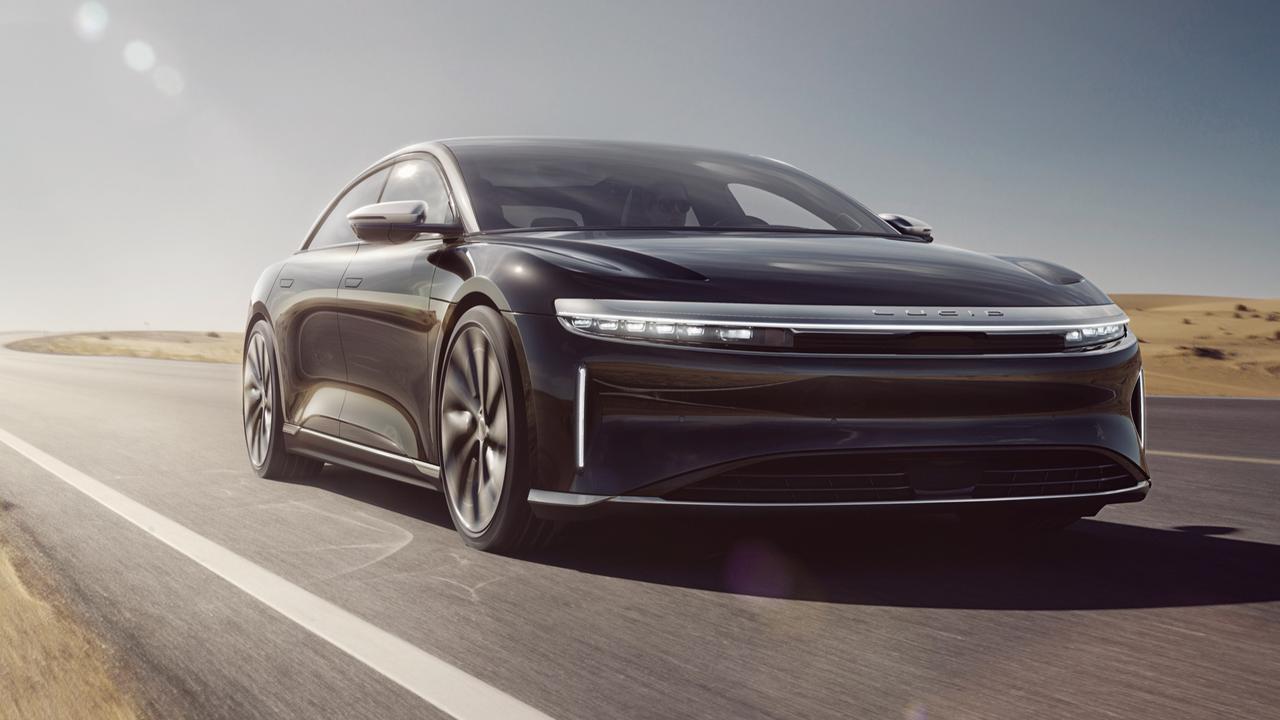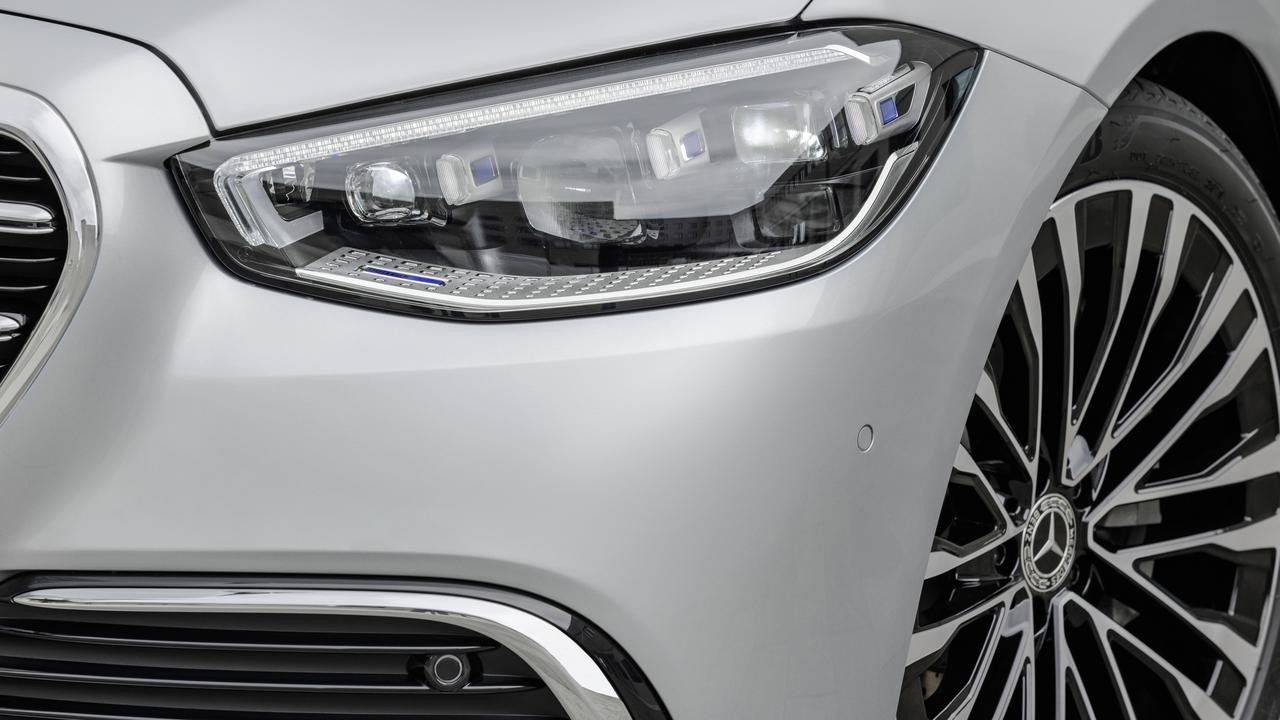At least ten brands will launch electric vehicles in Australia over next two years
Until now, electric vehicles have been a novelty on Australian roads. But that’s about to change.
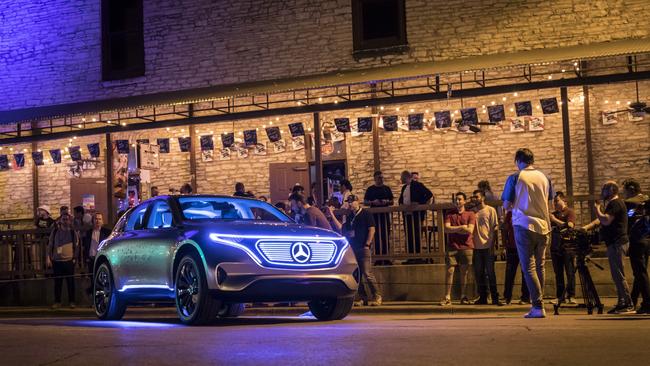
Electric motors need no pre-event warm-up routine, so you can’t hear the sound of dozens of EVs getting ready to race into showrooms. Big name car brands have been talking about the coming EV age for years. Plans and predictions were plentiful but the promised products always seemed to be years away. No longer …
For now, only BMW and Tesla sell purely battery-powered cars in Australia. The German company has the i3, an innovative $68,100 small city car, while the American EV-only brand has the big Model S sedan and futuristic Model X SUV at prices stretching from just over $100,000 to more than $200,000.
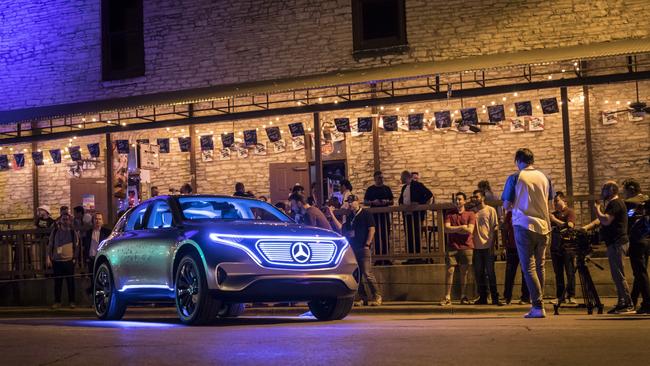
But at least 10 brands are committed to launching new EVs here before the end of 2020, beginning soon. Some of them aim to quickly build multi-model line-ups, meaning about 20 new EVs are on the way with the prospect of becoming ever more affordable.
The Hyundai Ioniq Electric five-door fastback hatch, expected to be about $45,000, will go on sale in about August, at the same time as Hybrid and Plug-in Hybrid versions.
Jaguar has announced a $119,000 starting price in Australia for its first-ever electric vehicle, the good-looking but hard-to-categorise I-Pace. The five-door, five-seat, SUV-like crossover will go on sale from October.
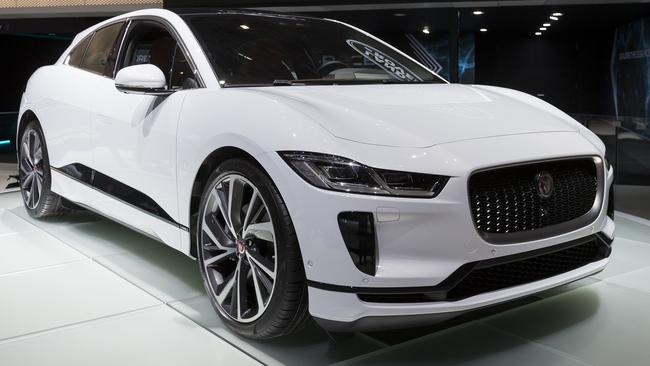
Before the end of the year these probably will be joined by two hatchbacks, the small Renault Zoe and the larger, second-generation Nissan Leaf. Renault began selling the Zoe to fleet buyers in 2017, for $44,470 or $45,870, depending on equipment grade. “The intention is to be offering to private buyers in the near future,” says Renault Australia spokeswoman Emily Fadeyev. First the company needs to expand its network of EV dealers from one each in Melbourne and Sydney.
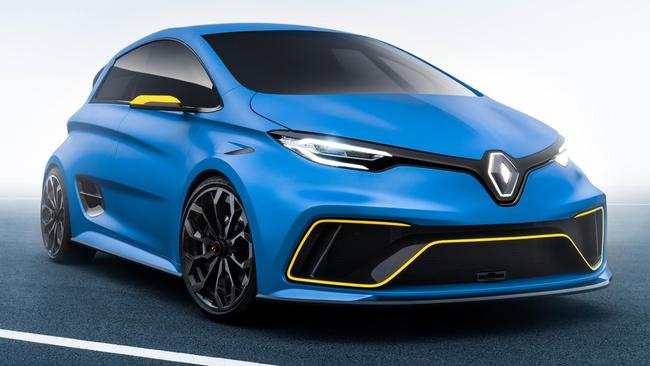
The first Leaf’s paltry sales in Australia led to the model being withdrawn here — but it still became the world’s most successful EV to date, tallying more than 300,000 sales globally.
Last month Nissan’s Japanese HQ announced the new Leaf would go on sale in Australia in the next 12 months with a larger 40kWh battery pack giving far greater range between recharges than the original Leaf. Given the high level of tech, the coming Leaf is tipped to cost about $50,000.
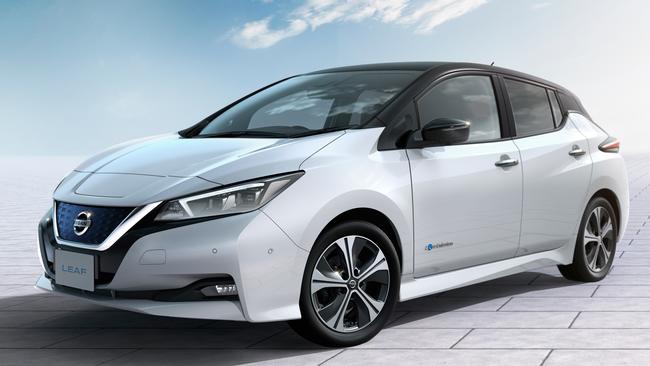
THEN, FOR NEXT YEAR
Early in 2019, Hyundai is “very likely” to add the Kona Electric to its range. “We see this as a game-changer,” says spokesman Bill Thomas.
There are two versions of this small electric SUV and Hyundai Australia’s interest is in the more expensive long-range example, with 64kWh lithium-ion polymer battery pack. It can cover up to 482km between recharges, according to the new international standard.
Hyundai Australia chief executive JW Lee says it wants to establish a leadership position on EVs. He expects governments to follow.
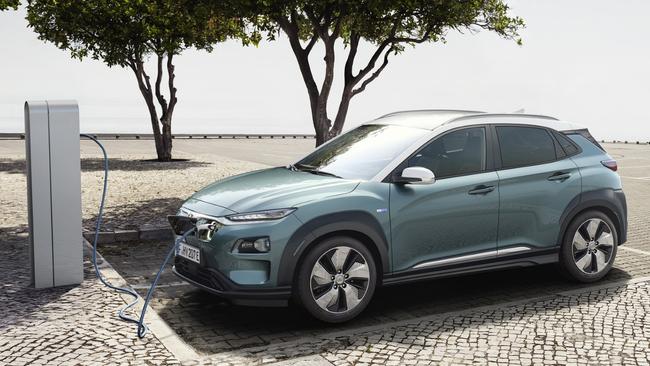
“Australia is blessed as a country in terms of its natural beauty and its clean skies. The Australian government has to put some more effort in for their next generation on this environmental agenda,” he says.
The first of three confirmed-for-production Audi e-tron EVs will also arrive in 2019. Audi brought camouflaged prototypes of the first, a sporty SUV with electric all-wheel drive, to the Geneva show earlier this month.
Audi chairman Rupert Stadler says it will be joined before the end of 2020 by a production version of the e-tron Sportback concept car and “a model in the compact segment”. “The rollout of three electric vehicles in the next few years heralds an exciting phase of new product,” says Audi Australia’s Shaun Cleary. He thinks customers will be excited, too. “We can’t wait to show them how well an Audi EV drives.”
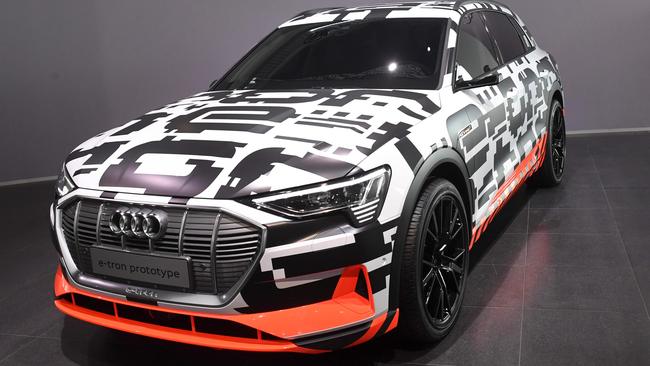
Late next year, Mercedes-Benz will launch the EQ C, a premium SUV with all-wheel drive. The following year it will begin production the EQ A, a small, front-drive hatch. In time, there will be more models from EQ, the name chosen for the company’s EV-only sub-brand.
... AND IN 2020
Volkswagen plans to introduce its family of purpose-designed EVs at the end of next year. First fruit of the Wolfsburg womb will be the production version of the Golf-sized ID hatchback concept. It’ll reach Australia in 2020, says local spokesman Kurt McGuiness.
“Moving ahead, we also plan to introduce the production version of the ID Crozz and the ID Buzz,” he says, referring to VW’s electric SUV and minivan concepts.
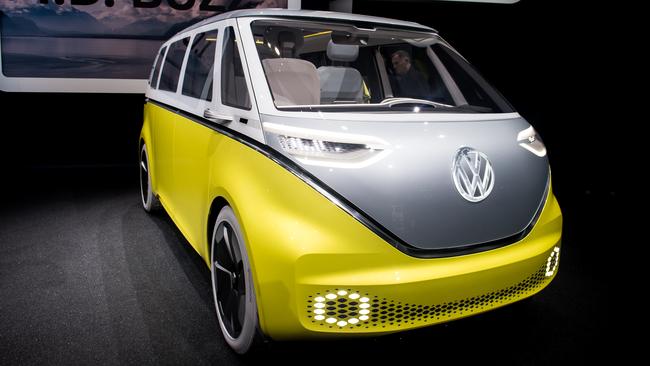
The company’s Geneva EV concept is also headed for reality. “ID Vizzion has only just been premiered, but we can see it fitting within our (EV) range.”
Volvo boss Hakan Samuelsson promises the Swedish brand will launch five fully electric models between 2019 and 2021. Three will wear Volvo badges, the other two will be from the Polestar premium performance sub-brand.
It’s not certain when they will arrive in Australia but come they will. Volvo Cars Australia spokesman Greg Bosnich says the company plans to import every EV that its parent puts into production in right-hand drive.
“The first of these will be the XC40,” he says. That is, the electric version of the small SUV due to launch here next month with internal combustion power.
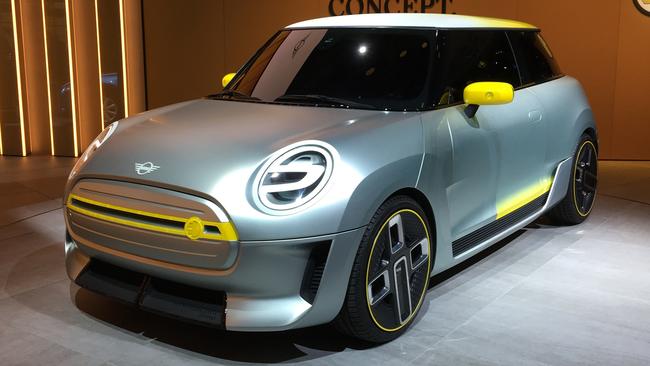
The Mini Electric — the first EV from the British brand — is tipped to arrive in two years as a three-door hatch.
Porsche’s lovely Mission E concept will start rolling off production lines in 2019, probably with an Australian launch early in 2020.
Mini’s owner, BMW Group, will definitely launch the iX3, an electric version of its new medium-size SUV in 2020.
At the Geneva show, chairman Harald Kruger confirmed BMW would turn the dramatic iVision Dynamics concept into roadgoing reality. Badged i4, it will go into production in Munich in 2021.

